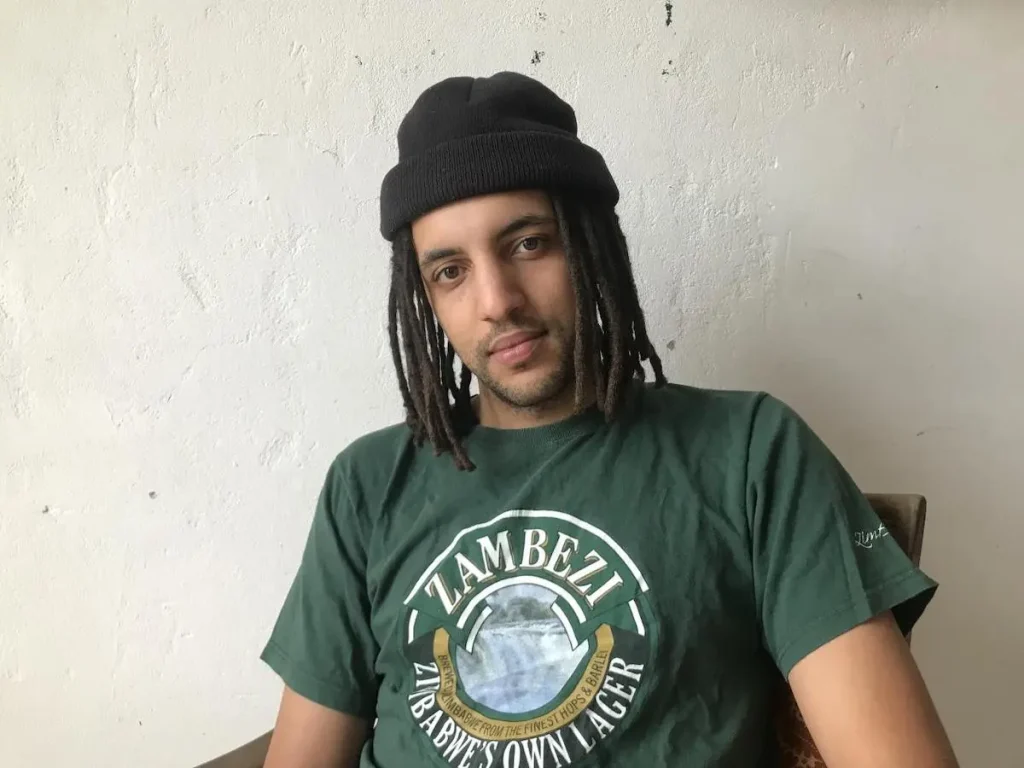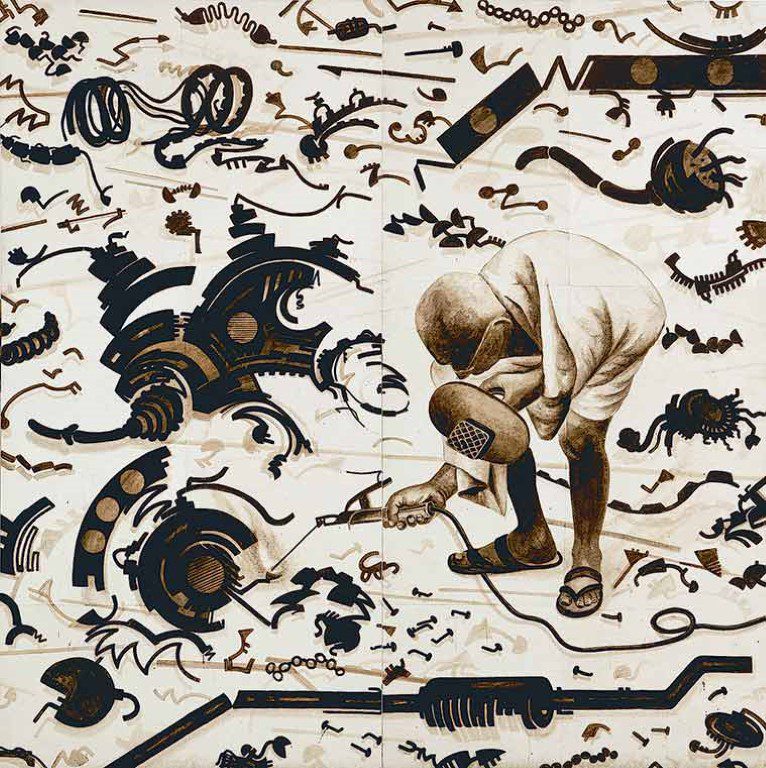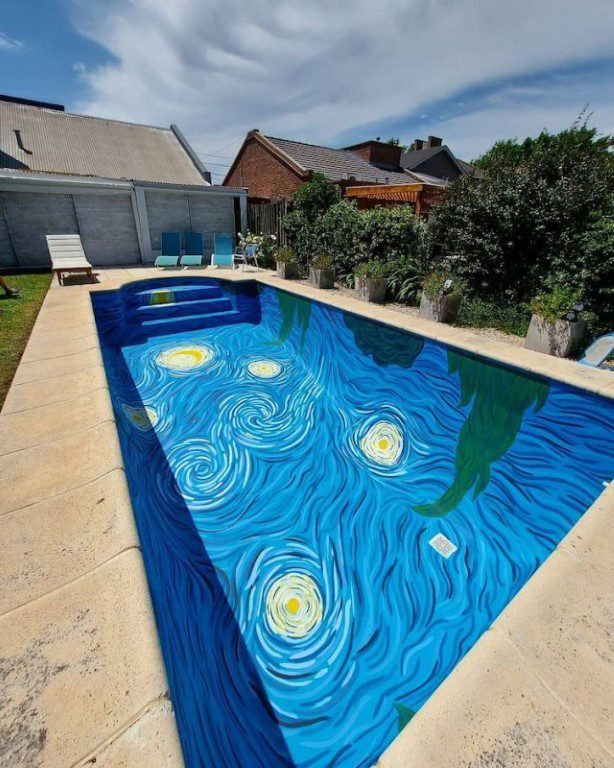Pratiksha Shome
Heiko-Thandeka Ncube, a filmmaker whose works on racial violence had begun to win praise in Berlin, passed away at the age of 32. Ncube was a board member of The Hub, a nonprofit organisation promoting art education in Berlin, and on June 9 he committed suicide, according to an Instagram post. “He was an outstanding artist, valued colleague, and friend who wore his heart on his sleeve,” the Hub said in its statement. Ncube, who was born in Harare, Zimbabwe, in 1991, has produced films, books, lectures, and other works that explore the various ways that violence has appeared in the West over time. These works occasionally make overt references to historical histories of racism, colonialism, and cruelty to animals.
He sought “the intersections of political oppression, the Abrahamic religions, and Bantu mythology, in particular the lines along his Ndebele ancestry,” according to a biography on his website. The masterful 2020 film Rest.in.Pieces, which is only four minutes long, explores the European response to the Minneapolis police killing of George Floyd. While the murder attracted a lot of attention in Germany, the right-wing extremist killings in Hanau in 2020, which also claimed the lives of persons with Turkish, Afghan, and Cameroonian ancestry, did not spark as much outrage. Ncube highlights a shirking of responsibility in Europe with a variety of stolen visuals mixed with subtitles from across history, including historical paintings of Black children and more recent recordings of racial brutality. In a related article with the same title, Ncube claims that while the US indignation spreading around Europe is undoubtedly positive, the European Union’s refusal to put it into practise is extremely dubious. The non-white body “rests in pieces in many ways.”
The rhythmic editing style of Ncube’s works, one of which had its world debut at the Berlin Film Festival this year, is reminiscent of that of his mentor, Hito Steyerl. Ncube passed away just before receiving his degree from Steyerl’s class at the University of Art Berlin. Ncube studied philosophy and art history at the Free University of Berlin before transferring to the University of Art Berlin. Ncube was one of the students at the University of Art Berlin that spearheaded a 2020 initiative to draw attention to racism at the illustrious art school. The demonstration, known by the hashtag #exitracismudk, featured students hoisting banners outside the school that were later taken down, sparking outrage. In addition, they scrutinised the school’s curriculum as well as the staff and student body’s demographics and sought long-term improvements. His political views frequently found their way into his work in education, notably as the “Slipping Through the Cracks” programme he oversaw during the Berlin Biennale in 2022. Where do politically repressed artists stand now that they are more visible, inquired about a text for the programme. Are they going to stick around or are they fading under the radar? What major generational changes have occurred recently? What direction will identity politics take? How is meaning communicated in the modern digital era? How are shared traumas being transmitted and why are they resurfacing?
In an Instagram post, the Berlin Biennale, for whom Ncube served as an educational “mediator” on several occasions, expressed its “deep mourning” for the artist. Ncube’s work has previously been seen at exhibitions at the Kunsthalle Baden Baden and the Haus der Kulturen der Welt in Berlin, in addition to the Forum Expanded programme of the Berlin Biennale. He said in an interview with 2020 Monopol that his objective had been to use postcolonial analysis to change people’s perspectives. A common criticism, according to Ncube, is that no one would comprehend one’s own art since a white mass audience is presumed to be the intended audience. There is no indication that that audience is willing to, or even whether that is our primary target demographic.
Source: ARTnews





